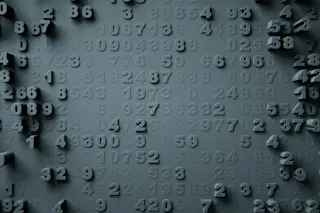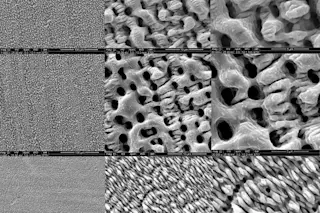If you have ever used the Perl programming language then you have heard the name Larry Wall. But, you might not know that Larry Wall is an active member of the Church of the Nazarene (the "bless" function anyone?). According to the Religion in American Culture survey 63% of Nazarenes accept a literal interpretation of the Bible, as opposed to 46% of Ameican Protestants as a whole. James Dobson is probably the most prominent American Nazarene. So with that, Larry Wall's opinion on evolution might interest:
A great deal of my theological thinking has been driven by the notion of trying to see truth from God's viewpoint... I consider the theory of evolution to be by and large proven. And if that's the case, then from God's viewpoint, that has to be desirable. Why would God want to do it that way? Why would God want to use a seemingly random process to come up with more complex organisms? Well, it's a way of being creative. If you look at almost any game that people play, they are sitting there throwing dice. It's also how artists work, particularly fiction writers. A good artist blends random-seeming factors with intentional factors into a pleasing pattern. To me that's the mark of a better artist than somebody who can simply crank out a perfect picture of something you can see. Cameras can do that. But that's still the view people have of how God has to operate. They still think there's only one right way to make the universe, so this has to be it. Essentially that's depriving God of free will -- not to mention us!
It is interesting that Wall's thinking seems to echo that of Leibniz, another nerd and a notional theist.* * I say notional because some have claimed that Leibniz had a Staussian view of religion and lacked personal belief. This is used to explain the fact that he was an enthusiastic proponent of ecumenicalism in an era where sectarian differences were stark and seemed irreconcilable on the face of it due to the contradictory positions held by Protestants and Catholics.













